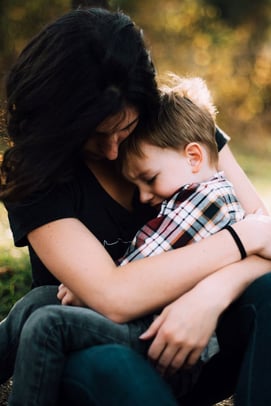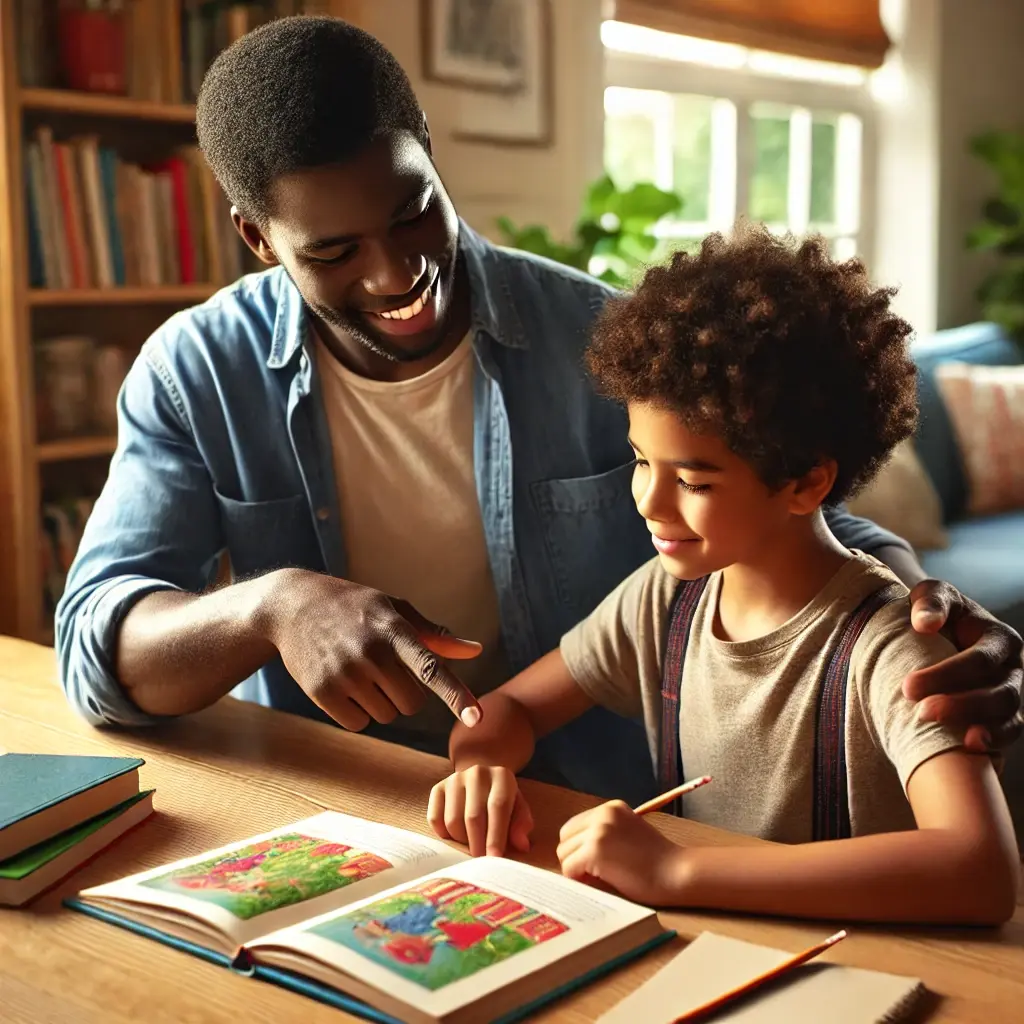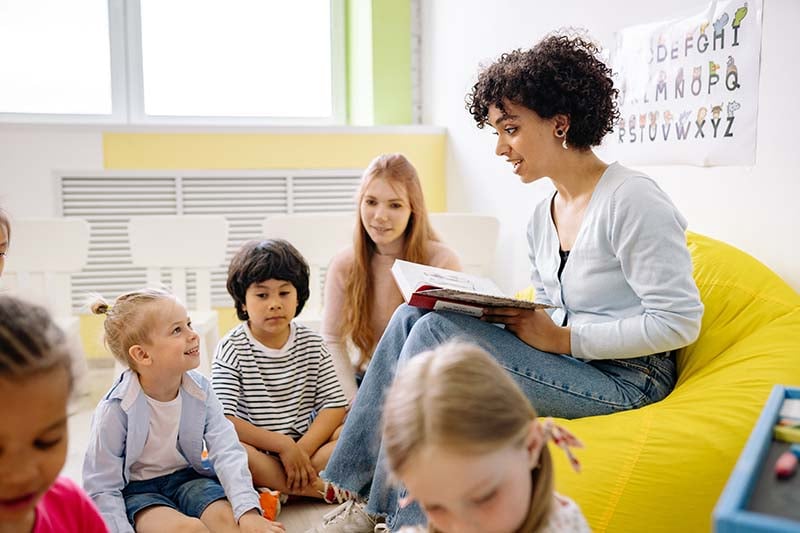 When a child experiences fear, feelings of distress, or even abandonment when they are separated from their parent or guardian, it makes the heartache. When kids cry in excess or throw tantrums, they are expressing themselves. This is a typical response in young kids when they are separated from their parents, even if it’s just for a moment. This is a part of their development. Whether it be an infant, toddler, or even a pre-teen, separation anxiety is a common thing to happen in children. Sometimes, it even happens in adults.
When a child experiences fear, feelings of distress, or even abandonment when they are separated from their parent or guardian, it makes the heartache. When kids cry in excess or throw tantrums, they are expressing themselves. This is a typical response in young kids when they are separated from their parents, even if it’s just for a moment. This is a part of their development. Whether it be an infant, toddler, or even a pre-teen, separation anxiety is a common thing to happen in children. Sometimes, it even happens in adults.
Ridding your child of that anxiety should be dealt with carefully and patiently so you don’t confuse your child about feelings they are not yet able to express.
Maybe your child’s anxiety has become more severe since the beginning of Covid-19 and virtual learning. Though, you should know that there are actionable steps you can take to significantly lessen if not diminish their anxiety completely. It’s a process and it may take some time. We are confident that it will help you.
Symptoms that indicate separation anxiety:
- Excessive worrying/homesickness
- Misery
- Crying/Tantrums
- Clinging
- Nightmares
- Physical symptoms like nausea and headaches
- Fearfulness
How to Ease Your Child Away from Feelings of Anxiousness
- Stay patient. We know it can be frustrating and often confusing to deal with this anxiety. If you show physical signs that you are upset, your child will be more likely to become even more irritated. No matter what, stay calm and show your child through body language that everything is going to be just fine.
- Be consistent. Sometimes separation anxiety is rooted in your child believing they will not be safe if they are apart from you. Break this cycle by constantly reminding them that they will be safe, no matter what. Though it sounds simple, it may just be the determining factor that will make all the difference in putting your child at ease.
- Be firm. While their anxiety may be hard, you have to maintain a boundary of saying no when they scream and thrash. Being firm will teach them how to regulate their emotions and accept no for an answer. While staying kind, assert to your child that they will be just fine. When you act like everything is just fine, they will react similarly. Without minimizing their emotions, remind them that they are a big kid and they can take on life’s challenges.
- Practice separation and create goodbye rituals. A goodbye ritual could be something as simple as three kisses on the forehead each time to a brief silly handshake. It doesn’t matter what it is, but it may help transition your child from one thing to another and provide them with a sense of security and knowingness of what to expect.
Once they become accustomed to these shorter periods of time, start to leave them less frequently but for longer periods of time. The length of time this adjustment will take is going to vary greatly from child to child. That’s why it’s essential that you remain patient. You don’t want your child to think you’re doing something wrong just for missing you.
- Schedule separations throughout your day. Start out with frequent short bursts of separation. Leave your child with a caregiver while you go run an errand and allow your child some time to adjust to this short period of time without you around. It may be helpful to bond with your child and their caregiver before your brief separation so the child subconsciously knows you approve of this caregiver. This will indirectly ensure your child that they will be safe with this person.
Practice separation when you leave to run an errand. Practice when they login to their virtual learning environment in privacy and you are in the next room. Practice when you drop them off at the extracurricular that they love.
- Use warmth in your tone of voice and maintain enthusiasm in your words. Speak to your child using direct eye contact to get the message across in a confident manner and assert to your child that you promise you will be coming back.
- Take into consideration if there is a specific time and place that triggers these tantrums. If this is the case, then maybe your child is being triggered by a specific thing like a person, place, or event. This could mean that your child has a specific and circumstantial social phobia.
Insight from an Expert
Maybe the onset of separation anxiety seems to be rather random and one that has come out of nowhere. This may alert parents and lead them to believe that they did something wrong. Maybe it’s in the form of meltdowns that are the product of feeling left out. This may be especially relevant during schooling amidst a pandemic. Kids might be missing what they remember school to be like and feel like they are missing out.
Parenting expert Dr. Deborah Gilboa talks about separation anxiety as a guest on the talk show called “The Doctors.” Deborah reminds parents that separation anxiety in children is completely normal, and it’s often a way for children to showcase their feelings of autonomy (or independence of one’s thoughts or actions.) Deborah mentions that many parents fear that if their child cries, that may mean they are not independent, no longer a leader and that there may be underlying issues.
Then she tells the audience that this is not the case. She advises parents to help their kids manage their outbursts by reminding them that any emotions they are having are valid and that they are understood. This actually helps the child feel more supported and comfortable in sharing when something is bothering them. In turn, it helps build the foundation of security and allows them to build resilience and the skills needed to express their emotions in the future and as they grow.
It’s important to remember that when we accept our child’s emotions when they are in this state, that does not mean they get a free pass to do whatever they want like hit, scream, throw toys, and show aggression in other ways.
She also touches on how to deal with tantrums with a technique called the “Drop Off” solution. Allow the child to have a role in what they’re doing and what they wish to do first at that moment. Then, follow through with a consistent pattern of behavior (like a hug and a kiss) and then leave immediately.
We know dealing with separation anxiety is tough. It might be part of growing up, but that doesn’t make it any easier. We hope these tips will help you and your child.
Sources
https://www.youtube.com/watch?v=75_3edOtQfM&t=183s&ab_channel=TheDoctors
https://www.youtube.com/watch?v=qCfx0XOSr-I&ab_channel=BeatingAnxiety
The Genie Academy Team





